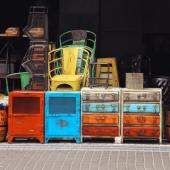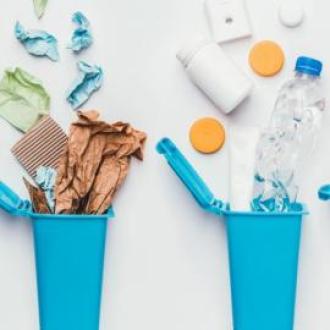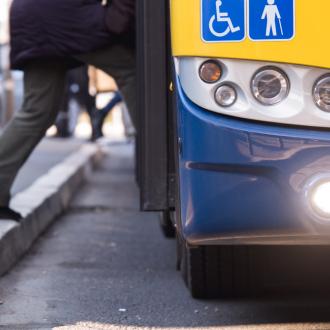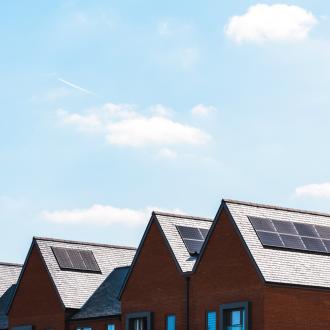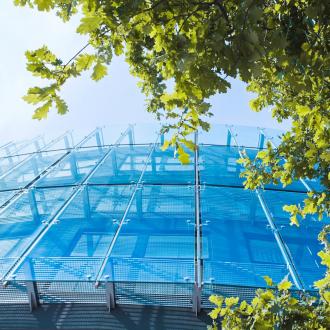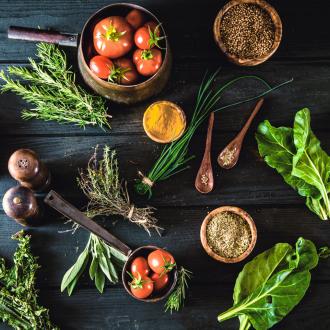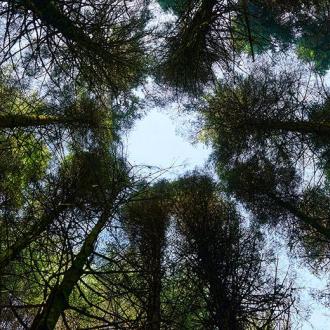Recycle more
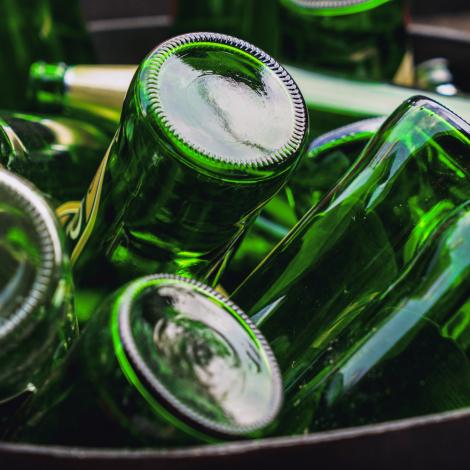
We’re making great progress and over 60% of Scotland’s waste is now recycled, but we need to keep the momentum up to tackle climate change and reach our net zero targets.
Did you know?
The largest material category of Scottish household waste recycled or reused in 2022 was paper and cardboard wastes (181,000 tonnes, 27.6% of all waste recycled or reused).
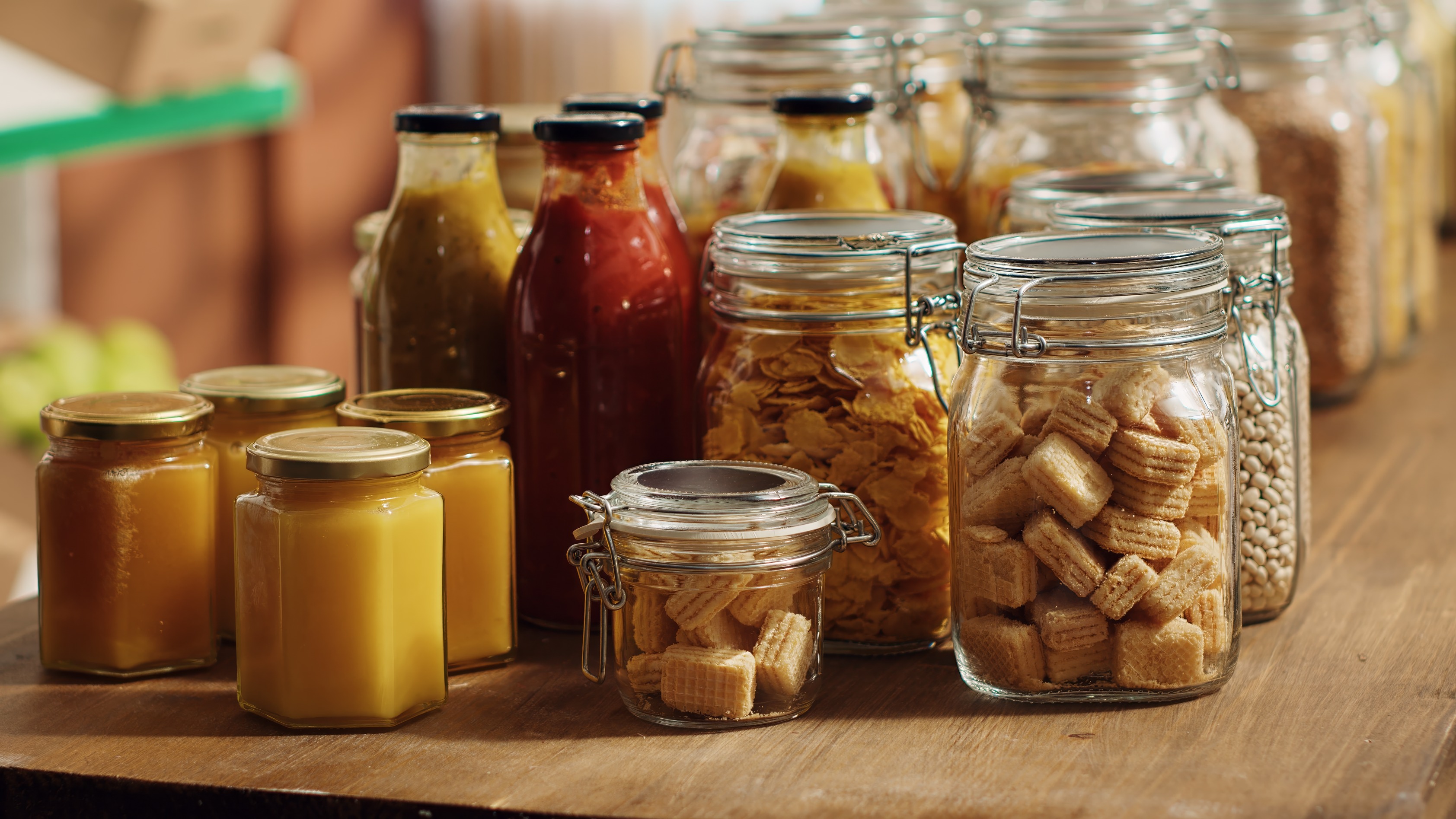
Tips and support
The more waste that can be diverted from landfill, the better. Decaying, biodegradable landfill waste releases greenhouse gas emissions which contribute to climate change, by trapping more heat in our atmosphere.
Zero Waste Scotland
Use Zero Waste Scotland’s Recycling Sorter tool to search for what items can be recycled, and in which colour of bin, in any Scottish local authority.
Recycle
Your guides
Take action starting now
To achieve net zero by 2045, we must take action now. Start here to find ways that you can make changes in your life at home and on the go.
